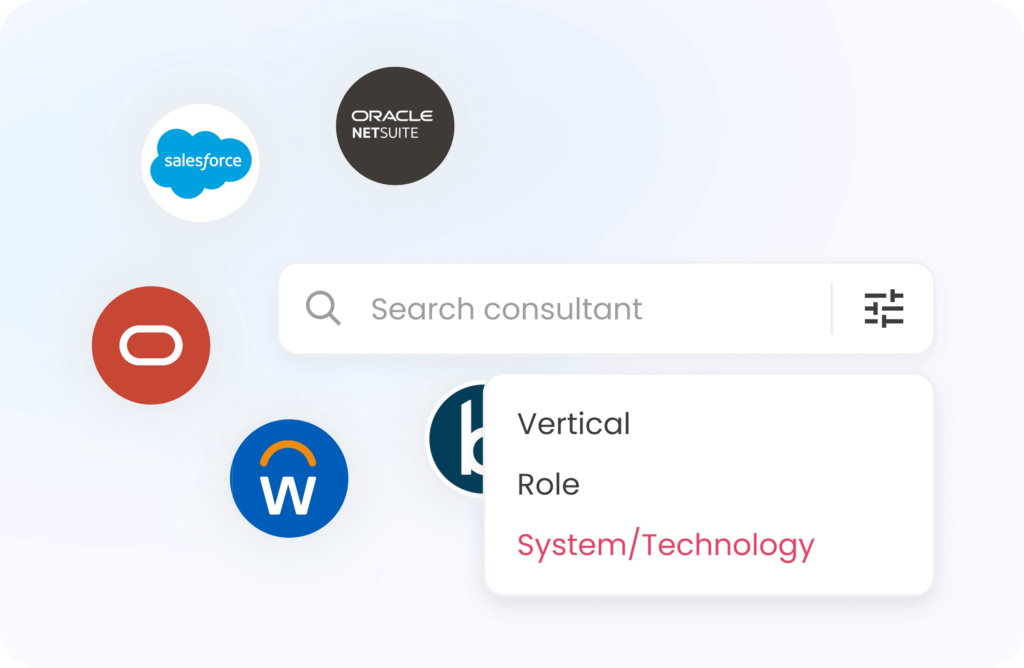
Enterprise Resource Planning (ERP) systems have become the backbone of modern businesses, streamlining operations, enhancing efficiency, and facilitating informed decision-making. However, ensuring the reliability, functionality, and security of ERP systems is paramount for organizational success. ERP Testing serves as a critical process to validate system configurations, data integrity, and performance. In this comprehensive exploration, we delve into ten essential types of ERP testing conducted within Oracle NetSuite, shedding light on their significance and impact on organizational operations.
Functionality Testing:
Functionality testing focuses on evaluating the performance of individual modules or components within the ERP system. By testing functionalities such as Order to Cash in NetSuite against specified requirements, organizations can ensure that each component operates seamlessly, meeting user expectations and business objectives.
Some tools to help with automated process testing: Xcelero – Automated Testing for NetSuite, Chassi – Process Improvement Platform
Need help improving NetSuite for your business?
Hire a Consultant Today!
Performance Testing:
Performance testing assesses the system’s ability to handle various workloads and user interactions efficiently. By simulating real-world scenarios with multiple users performing concurrent tasks, organizations gain insights into the system’s performance capabilities, identifying bottlenecks and areas for optimization
Integration Testing:
Integration testing validates the smooth flow of data between interconnected systems, ensuring data integrity and security during transfer processes. In Oracle NetSuite, integration testing verifies the seamless exchange of data between different modules and external applications, guaranteeing interoperability and reliability.
IT Tool Control Testing:
IT Tool Control Testing focuses on evaluating the effectiveness of security measures and controls implemented within the ERP system. Measures such as two-factor authentication (2FA), login audit trails, and security questions in NetSuite are rigorously tested to identify and mitigate potential security threats and vulnerabilities.
Regression Testing:
Regression testing is essential for ensuring the stability and reliability of the ERP system, particularly after software updates or modifications. By retesting existing functionalities and verifying the impact of changes on previously resolved issues, organizations can maintain system integrity and minimize the risk of regression errors.
Smoke Testing/Patch Testing:
Smoke testing, also known as patch testing, involves targeted testing of critical functionalities or priority areas within the ERP system. This focused approach ensures that essential features are thoroughly tested before broader implementation, minimizing the risk of system failures or disruptions. This test is mostly done after a major deployment of new changes in a production environment.
Installation Testing:
Installation testing encompasses a comprehensive evaluation of the deployment process, ensuring that all mandatory requirements are met and configurations are correctly implemented. By following a predefined checklist, organizations can verify the integrity of the installation process and mitigate potential deployment issues.
Adaptability Testing:
Adaptability testing evaluates the ERP system’s ability to adapt to evolving market trends, regulatory changes, and technological advancements. By testing features such as automatic capture of forex rates in NetSuite, organizations can ensure that the system remains aligned with current industry standards and practices.
Data Handling Testing:
Data handling testing assesses the ERP system’s capability to process and manage various forms of data inputs, including characters, images, and barcodes. By validating data integrity, accuracy, and consistency, organizations can ensure reliable data management and reporting capabilities.
User Acceptance Testing (UAT):
User Acceptance Testing (UAT) is conducted by end-users to evaluate the system’s usability, functionality, and overall user experience. By involving stakeholders in the testing process, organizations can gather valuable feedback, identify usability issues, and ensure that the ERP system meets user expectations and business requirements
In conclusion, ERP testing plays a crucial role in ensuring the reliability, functionality, and security of Oracle NetSuite and other ERP systems. By adopting a comprehensive testing approach encompassing functionality, performance, integration, security, and user acceptance testing, organizations can mitigate risks, optimize system performance, and drive operational excellence. As businesses continue to evolve and embrace digital transformation, robust ERP testing methodologies will remain essential for maintaining competitive advantage and delivering value to stakeholders.






